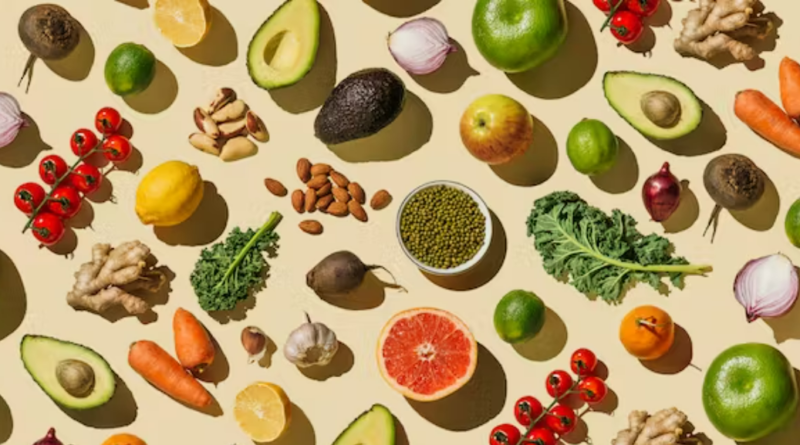The Power of Nutrients: how nutrition impacts mental health
As we all know, nutrition can play a very critical role in people’s health. But beyond that, are people aware of the other effects of nutrition on a person, such as in mental health?
Beyond health impacts
Studies have shown that in addition to nutrition’s impact on our most direct physical health, it also has a direct impact on our mental and emotional health. Dr. Deborah Fernandez-Turner, Deputy Chief Psychiatric Officer at Aetna, says “It makes sense that the substances we take into our bodies also affect our mental health, because good health describes the state of optimal well-being for people, and that’s when the body and mind are functioning in harmony.” Therefore, with this in mind, today we’re going to delve further into the science behind food and emotions.

Foods to help you stay healthy
Whole Foods
Some studies have shown that preservatives, food coloring, and other additives in food may cause or exacerbate ADHD and depression in people. However, the powerful nutrients produced by colorful produce have many benefits for both the mind and body. Their nutritional properties are often contained within these natural colors themselves. By including naturally colorful foods in our diets, we can make it easier for our bodies to get more vitamins and nutrients and reap many physical and mental benefits.
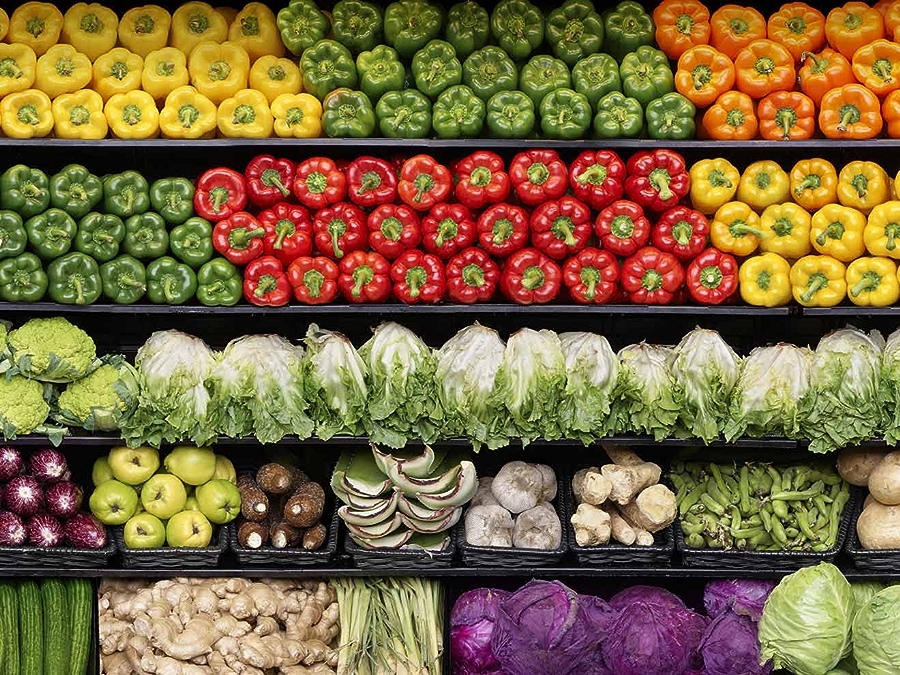
Fiber
Plant foods are rich in fiber, which helps one’s body absorb glucose (dietary sugar) more slowly. This is effective in helping people avoid sugar rushes and crashes in the body. Now, you may be wondering what are some foods that contain fiber? Fiber-rich foods include a variety of fruits, vegetables, and nutrient-rich carbohydrates such as whole grains and legumes.
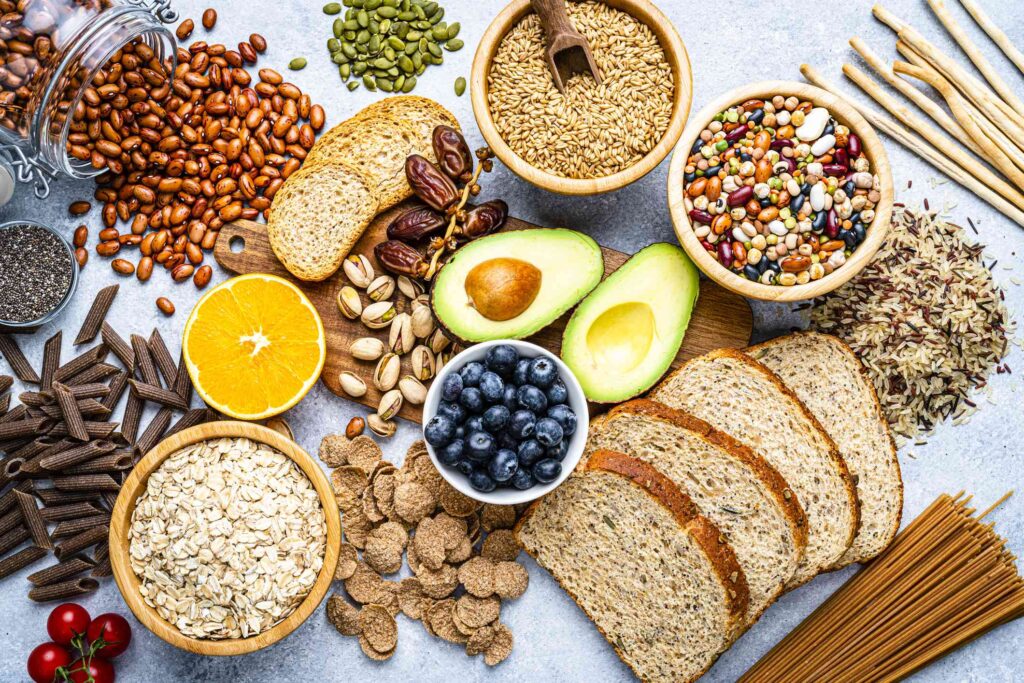
Antioxidants
Berries, leafy greens, the spice turmeric, and foods containing Omega-3 fatty acids, including salmon and black chia seeds, are rich in antioxidants. A diet rich in antioxidants can help people protect their cells from substances that attack free radicals, thereby reducing the risk of many diseases (including heart disease and certain cancers). However, common side effects of excessive antioxidant intake are diarrhea, dizziness, and joint pains, so it is important for people to keep in mind that they only need a moderate amount of antioxidants in the foods they consume on a daily basis.
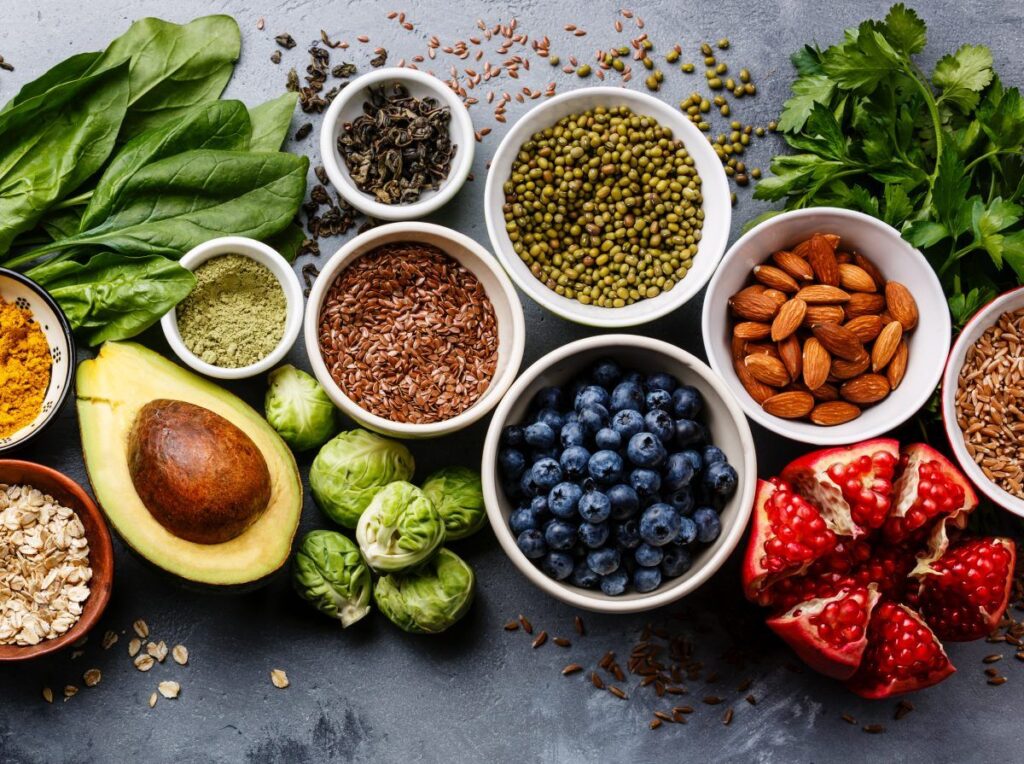
Magnesium
This essential mineral is very important for people’s physical and mental health. A regular intake of this helps to help people with everything from protecting nerve and muscle function to maintaining a steady heartbeat. In addition to its effect on people’s bodies, its connection to their moods is also crucial. Mineral deficiencies can damage gut bacteria and lead to depression and anxiety-like symptoms. Eat plenty of naturally sourced foods like cacao nibs, almonds and cashews, spinach and other dark leafy greens, bananas and beans.

Fermented Foods
Fermented foods are rich in probiotics, which are certain live bacteria that are beneficial to the digestive tract. Examples of fermented foods include sauerkraut, kimchi, miso, tempeh and the fermented drink kombucha. These foods also tend to be high in sodium, so if you suffer from high blood pressure, eat them in moderation or not at all.
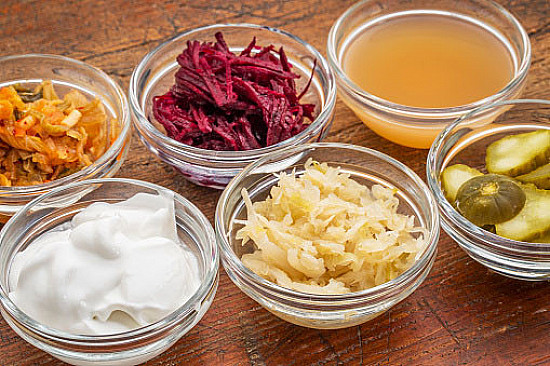
Source
- Food & Your mood: How food Affects Mental health – AETNA | Foods that Help your Brain health. (n.d.). Aetna. https://www.aetna.com/health-guide/food-affects-mental-health.html

